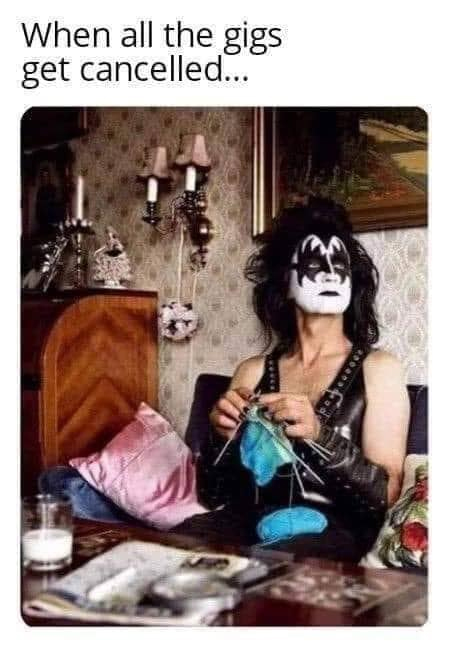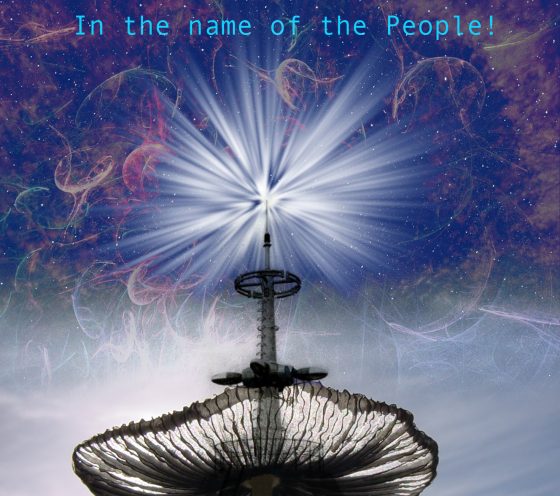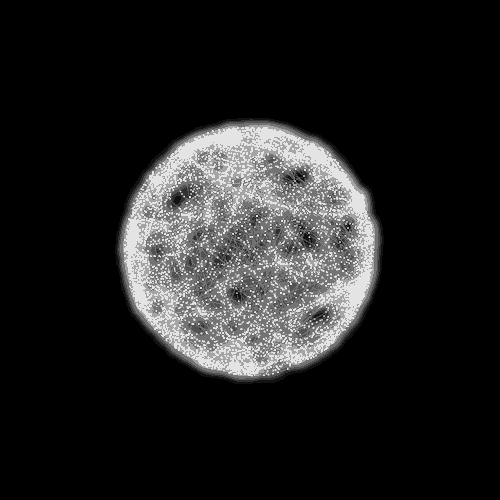
Once again, we find ourselves bearing witness to yet another war with a non-stop spectrum of horrific stories and images that make our souls shudder and our hearts break. It is easy to get drawn into a narrative of good guys versus bad guys. It is easy to find ourselves in a heated screaming fight over why one side or the other are the evil ones. But wars at ground level are not really about good versus evil; they are about survival. Regular people get swept up in evil and find themselves doing things that they never would have thought possible. War turns normal people into monsters. Robert Sapolsky wrote: “We judge ourselves by our internal motives, but others by their external actions. … When Thems do something wrong, it’s because they’re simply rotten. When Us-es do it, it’s because of an extenuating circumstance”. Imagine the great harm you might inflict on another to protect a child you love. Because our motives are “pure” they mitigate our actions — allowing ourselves not to think of ourselves as monsters — even when we do objectively terrible things. We are all good at rationalizing our own behavior. To overcome our natural instincts…






